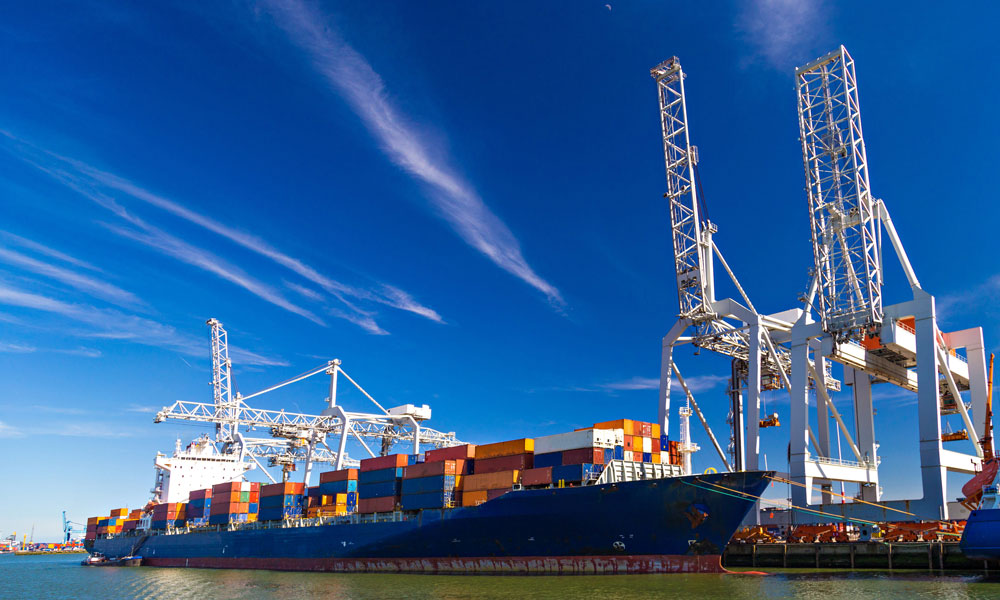
A new Briefing Paper, “Key International Procurement Developments in 2025,” published by Thomson Reuters, looks at key developments in international government procurement in 2025. The Paper begins with the Trump administration’s tariff and trade policies, which are reverberating throughout the global trading system. On government procurement, they include a threat to withdraw from the WTO Government Procurement Agreement (GPA) and pursuit of procurement reciprocity in tariff agreements. At least in part in response to Trump’s tariff policies, Canada has imposed restrictions on access to its government procurement, in particular, provincial policies targeted at the US.
The Briefing Paper also addresses several elements of procurement policies in the European Union (EU). They include its preparation of procurement preferences in strategic sectors, its deployment of a reciprocity tool against China, which backfired when China retaliated, and its more successful use of a defense tool to tackle foreign subsidies that distort EU procurement. It also reviews the only free trade agreement (FTA) completed by the EU in 2025, as well as its pending negotiations.
The discussion then turns to developments in China, focusing on its adoption of long-awaited standards to define domestic products to implement its primary government procurement law, as well as its push back on the EU’s targeting of Chinese firms under its trade defense tools. The Paper’s final section outlines developments under the GPA, which has not added new parties since 2023. It also examines the promising prospects for the expansion of the membership of the Comprehensive and Progressive Trans-Pacific Partnership, as well as other FTAs that open foreign procurement markets.
Jean Heiman Grier
February 5, 2026